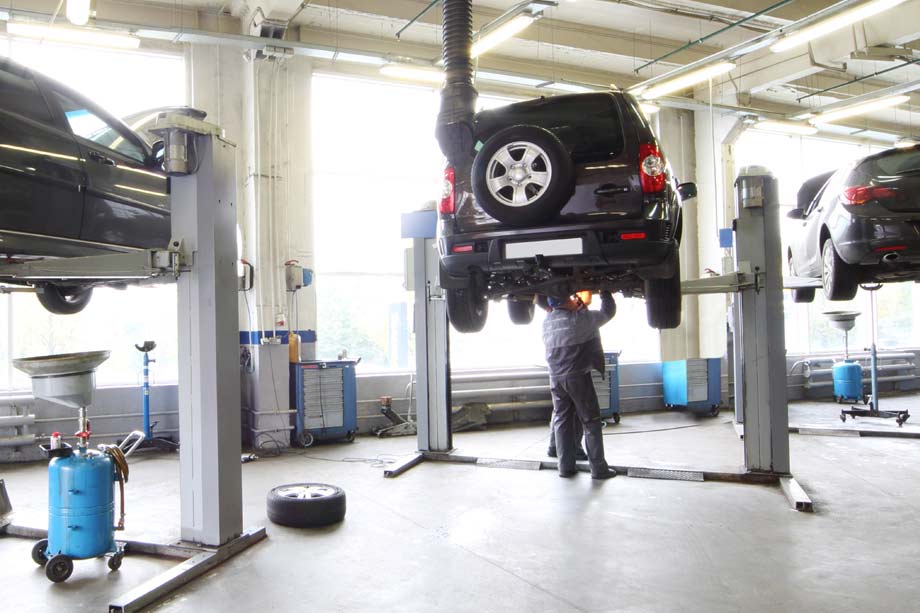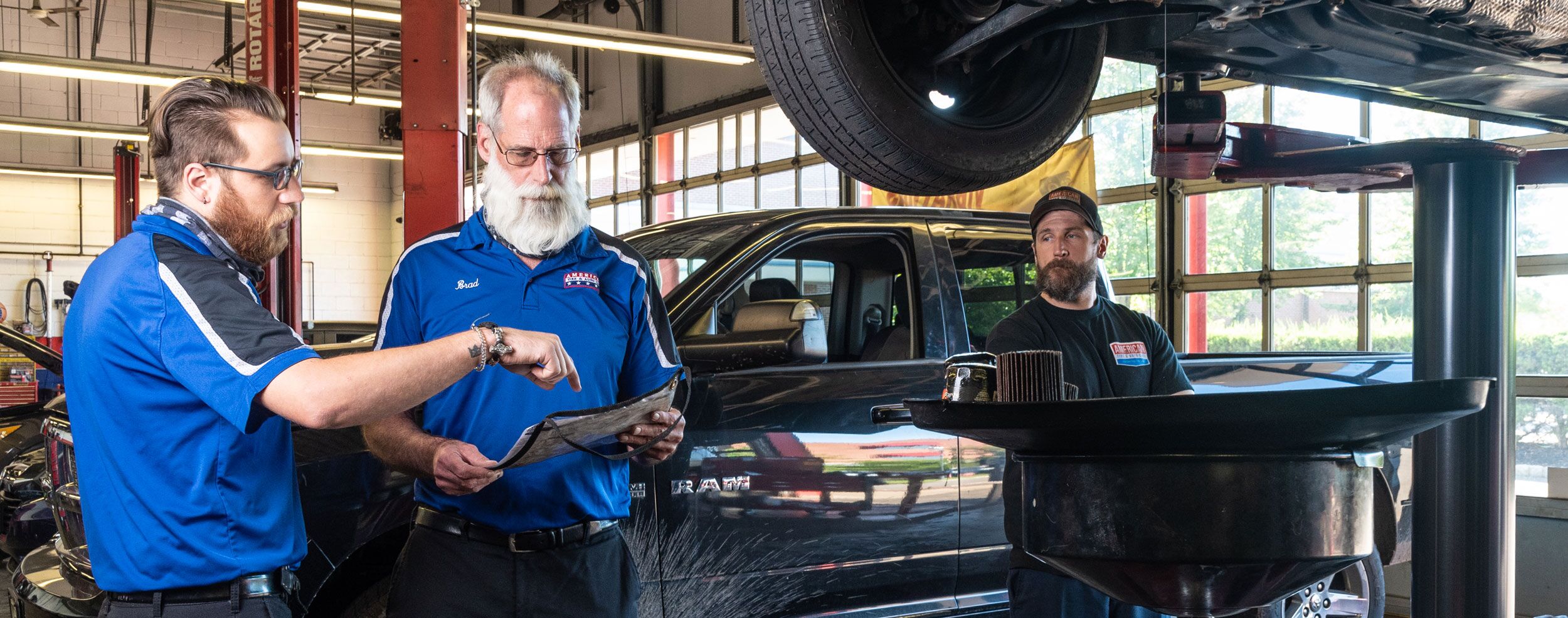All Categories
Featured

Automobile repairs can be a significant economic worry, particularly when the repair work are extensive or unexpected. Below are some of the best financing options to consider when encountered with major automobile fixings.
- Vehicle Service Center Financing. Several automobile repair work stores offer funding choices directly to consumers, allowing you to pay for repair work over time. These plans are usually tailored to aid you take care of the expense of large repairs, and they may provide special bargains like deferred passion or interest-free periods.
Pros: Easy to gain access to, as the financing is given by the service center itself. It can be a quick service when fixings are urgent, and some shops use zero-interest promotions for a details period. Cons: Rates of interest may climb after the promotional duration, so it's vital to read the small print. Furthermore, not every repair store provides this alternative, and the terms and schedule can differ. 2. Personal Fundings. If you need extra flexibility, personal finances from a financial institution, cooperative credit union, or on-line loan provider may be an outstanding option for financing your vehicle fixings. These loans provide repaired terms and reduced rates of interest than bank card, and they permit you to obtain larger quantities.
Pros: Repaired rate of interest and foreseeable month-to-month repayments make budgeting much easier. Individual car loans also provide flexible funding amounts, which is helpful for substantial repair work. Cons: Approval for personal finances typically depends on your credit report. If your credit history is much less than excellent, you might obtain a higher rate of interest, which can increase the general cost of the car loan. 3. Debt Cards. Using a bank card is among the quickest methods to pay for automobile repair services. This option can be fairly affordable if you already have a debt card with a low-interest rate or a 0% APR promotion. Some charge card additionally offer benefits, which can be a wonderful bonus.
Pros: Rapid access to funds, and if you have a 0% APR deal, you can settle the equilibrium with time without accumulating passion. Some cards likewise offer benefits or cash money back. Disadvantages: Rate of interest can be high after the advertising duration ends. If you carry a balance, the passion costs might include up promptly. Missing repayments can negatively influence your credit rating. 4. Home Equity Car Loan or HELOC. If you possess your home and have substantial equity, you might take into consideration a home equity finance or line of credit score (HELOC) These fundings allow you borrow versus the worth of your home and generally supply lower rates of interest contrasted to individual finances or credit history cards.
Pros: Lower rate of interest and longer repayment terms than other financing options. Home equity financings frequently supply access to bigger amounts of cash, which can be practical for significant fixings. Disadvantages: You're utilizing your home as collateral, so if you fall short to settle the funding, you run the risk of losing your property. The authorization procedure might take longer compared to individual finances or charge card. 5. Vehicle Repair Work Loans. Some loan providers concentrate on automobile repair lendings, developed especially for car-related expenses. These finances can be utilized for fixings such as changing a timing belt or repairing a broken transmission. They work similarly to individual fundings but are planned for vehicle repair work demands.

Pros: Reduced rates of interest contrasted to bank card, and the loan is customized for vehicle repair work, so the application process may be quicker and more simple. Disadvantages: You may require a good credit rating to certify for the ideal rates. The finance amount may not be adequate for considerable fixings in all cases. 6. Insurance Coverage. Sometimes, car repairs might be covered by your insurance plan, specifically if the damage is associated to a mishap. Comprehensive and crash insurance coverage can aid pay for expensive repair work, though you may still require to pay an insurance deductible.
Pros: Repairs connected to incidents or accidents covered under your plan are cared for without needing to pay out-of-pocket (besides the insurance deductible) This is especially valuable for major fixings after a crash. Cons: Not all repairs are covered, and the deductible can still be expensive. Plus, insurance coverage prices may raise after you file a claim. 7. Cash Advance Fundings (Not Suggested) While payday advance could feel like a fast means to cover fixing costs, they come with extremely high-interest prices and charges. These financings are short-term and need payment in complete, usually within a few weeks.
Pros: Quick access to funds in emergency circumstances. Cons: Extremely high-interest prices and costs can make it challenging to pay back the loan on time. Cash advance fundings usually develop a cycle of financial obligation, and falling short to repay can negatively impact your financial circumstance. 8. Mechanic Repayment Plans. Some car fixing shops supply layaway plan that allow you to spread the price of the repairs with time. These strategies may consist of interest-free durations or reduced regular monthly payments, which can make huge fixing prices a lot more convenient.
Pros: Flexible terms and interest-free settlements if repaid within a specified period. Cons: Not all stores supply payment plans, and terms differ. Make sure to verify the payment routine and any kind of fees or charges that may apply. Verdict. Selecting the most effective financing alternative for lorry fixings depends upon your specific circumstance. Auto repair service shop funding, personal loans, and bank card use comfort and adaptability, while home equity fundings and car fixing car loans offer accessibility to bigger amounts of money. Always contrast rates of interest, car loan terms, and charges prior to making a choice to ensure that you are choosing one of the most economical option for your requirements.
Latest Posts
Learn About Brake Repair & More: Full Auto Care Solutions from Montclare Auto Repair
Published May 27, 25
1 min read
Discover Affordable Auto Repairs with Montclare’s Exclusive Service Specials
Published May 22, 25
1 min read
How Regular Car Maintenance at Montclare Auto Repair Saves You Money
Published May 20, 25
1 min read
More
Latest Posts
Learn About Brake Repair & More: Full Auto Care Solutions from Montclare Auto Repair
Published May 27, 25
1 min read
Discover Affordable Auto Repairs with Montclare’s Exclusive Service Specials
Published May 22, 25
1 min read
How Regular Car Maintenance at Montclare Auto Repair Saves You Money
Published May 20, 25
1 min read